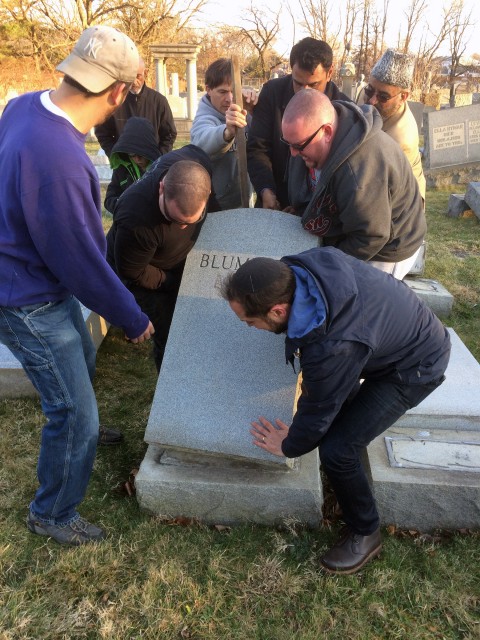Speaking—and acting—against hate
The president has been slow to condemn acts of hatred against religious minorities. Moral leaders are stepping into the vacuum.

On one day last month, Jewish schools and community centers in 11 states were targeted with bomb threats. The threats came after Jewish cemeteries were extensively vandalized in St. Louis and Philadelphia. Meanwhile, four mosques were burned during January and February, three of them known to be acts of arson—an unprecedented sequence of attacks on mosques, according to the Southern Poverty Law Center. Also in February, two Indian engineers were attacked in a bar in Olathe, Kansas, by a man who shouted racial slurs. One of the engineers was killed. The perpetrator reportedly believed the men to be Iranian.
Since the presidential election, the SPLC has seen an upswing in this kind of hate-filled activity. It counted 1,094 “bias incidents” in the first 34 days after the election.
When acts of racial, religious, or ethnic hatred take place, Americans instinctively look to national leaders to respond. Presidents typically offer statements that condemn prejudice and speak to the wounds that hate-filled acts inflict. The current president’s reluctance to offer even brief words of condemnation until pushed to do so has created a moral vacuum and encouraged an atmosphere in which contempt for the other is permissible.




